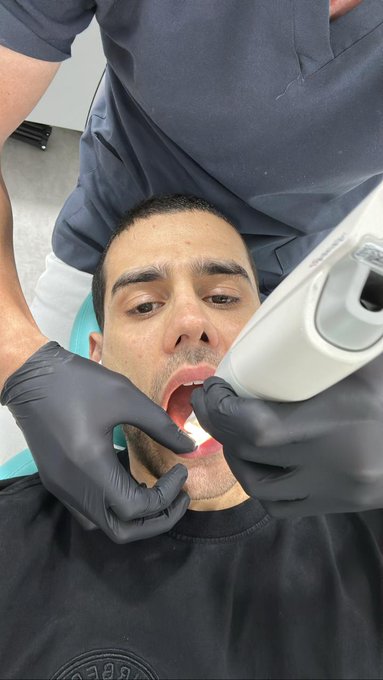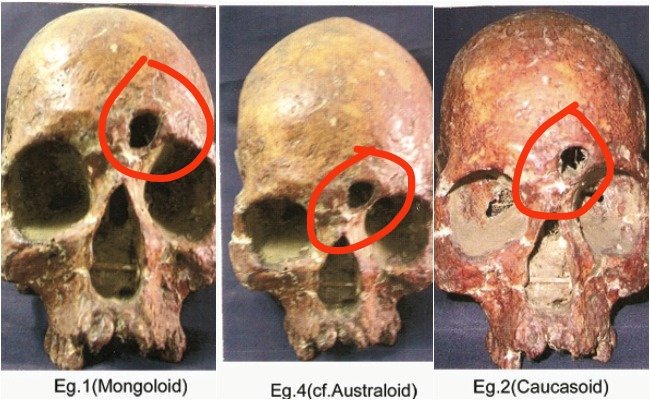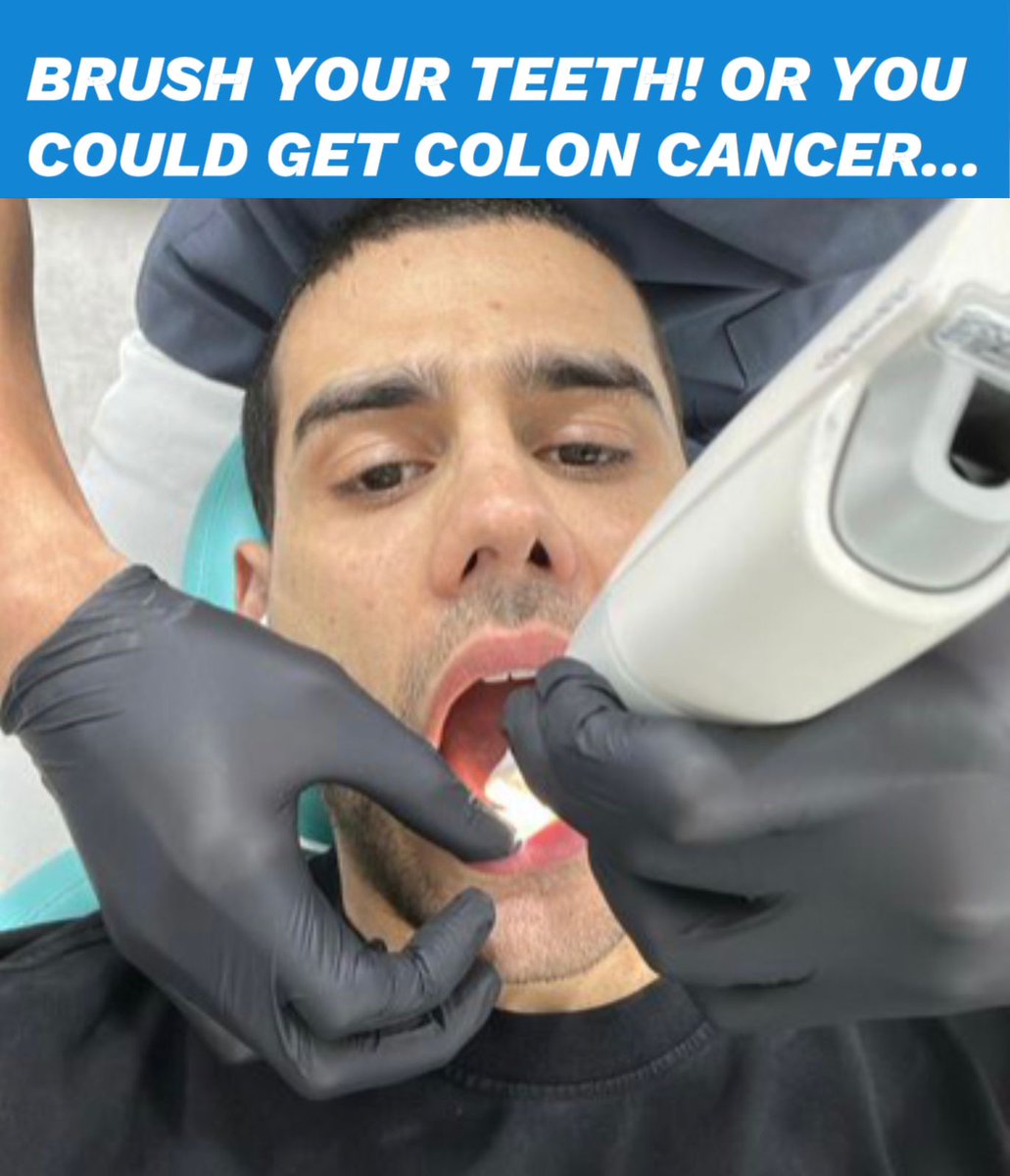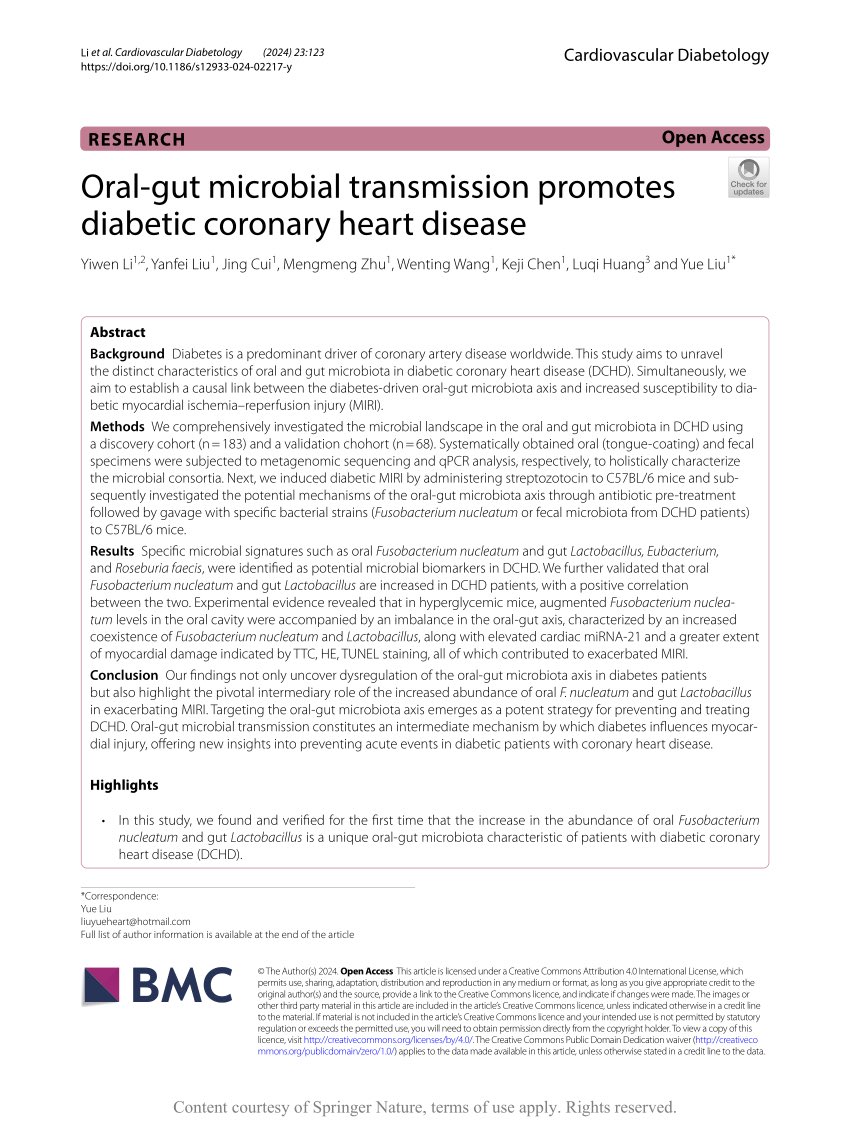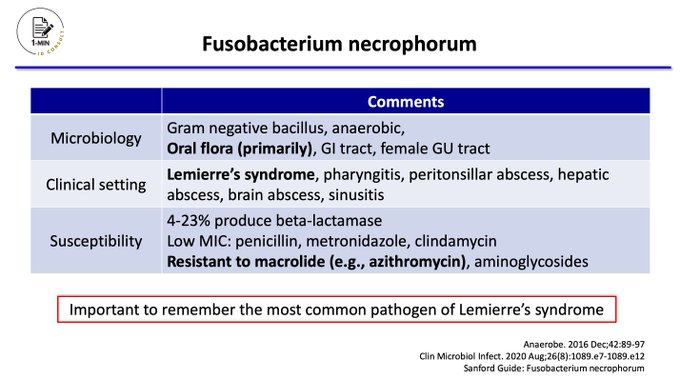


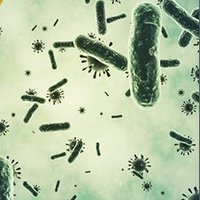
A pan- #cancer analysis of the #microbiome in metastatic cancer.
• Tumor-resident bacteria DNA is detectable in a pan-cancer metastasis cohort
• #Fusobacterium DNA abundance indicates poor immunotherapy response
cell.com/cell/fulltext/…


NEW Study of 4.2K mets from 26 tissue types to eval composition, evolution, & relevance of #microbiome . Many insights: organ-specific tropism, microbial diversity & TILs, Fusobacterium & #ImmunoOnc in #lcsm . CNS tumors stand out (Fig 2B) 👀 #btsm #AACR24
cell.com/cell/pdf/S0092…
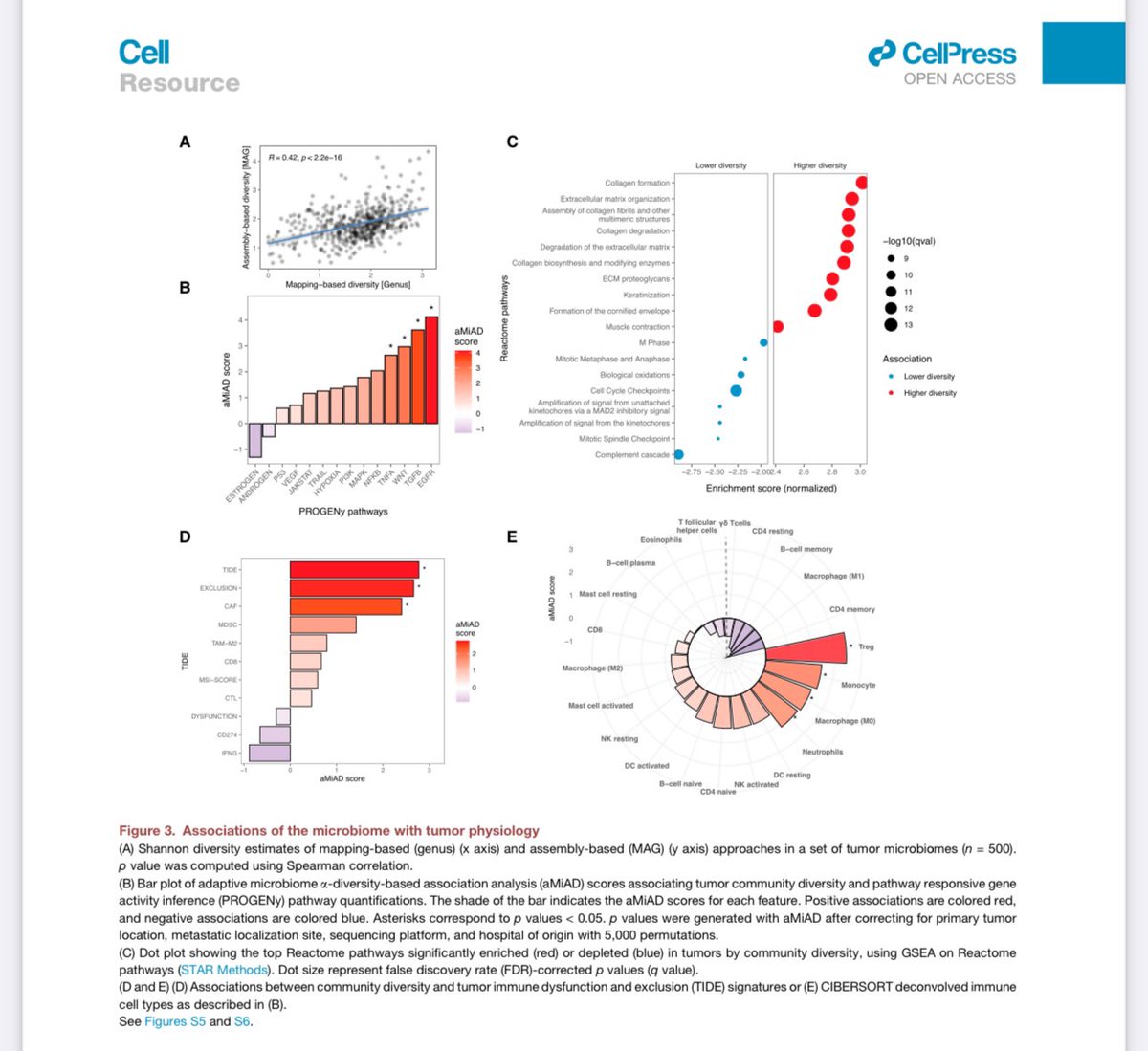

#Colorectal cancer is the 2nd leading cause of death in the US and the UK.
“We’ve seen that patients with colorectal tumors containing Fusobacterium nucleatum have poor survival & poorer prognosis compared with patients without the microbe...”
fredhutch.org/en/news/releas…
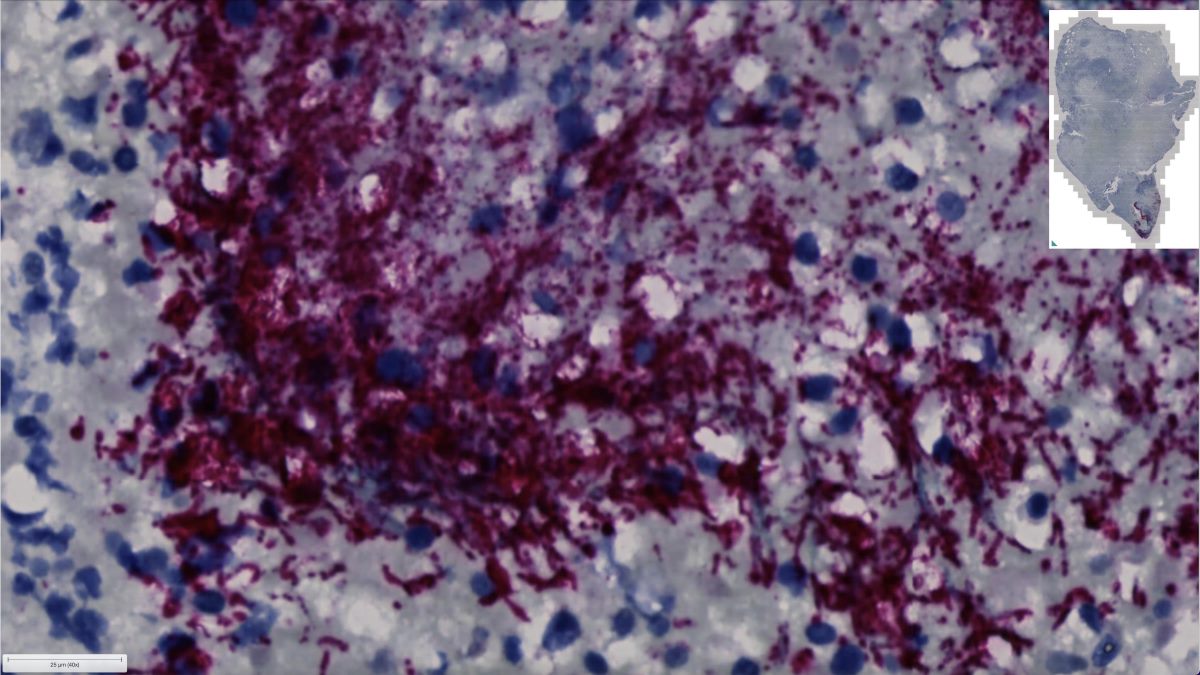


It was fun to pen this news&views on this exciting new work published by CJohnstonLab and Susan Bullman and their team. #Fusobacterium #ColonCancer #CancerMicrobiome




#Clinicalperspectives #Cancerresearch A bacteria implicated in #gumdisease , Fusobacterium nucleatum, has also been found in some #colorectalcancer . F. nucleatum is rarely seen in the guts of healthy people. Colorectal tumors harboring these bacteria are associated with more…


Fusobacterium nucleatum brain abscess - what antibiotics are you all using for it these days? Metronidazole monotherapy?
Nico Cortes-Penfield MD FACP 🦴💊 Brad Spellberg Jonathan Ryder, MD Antibiotic Steward Bassam Ghanem 🅱️C🆔🅿️🌟




